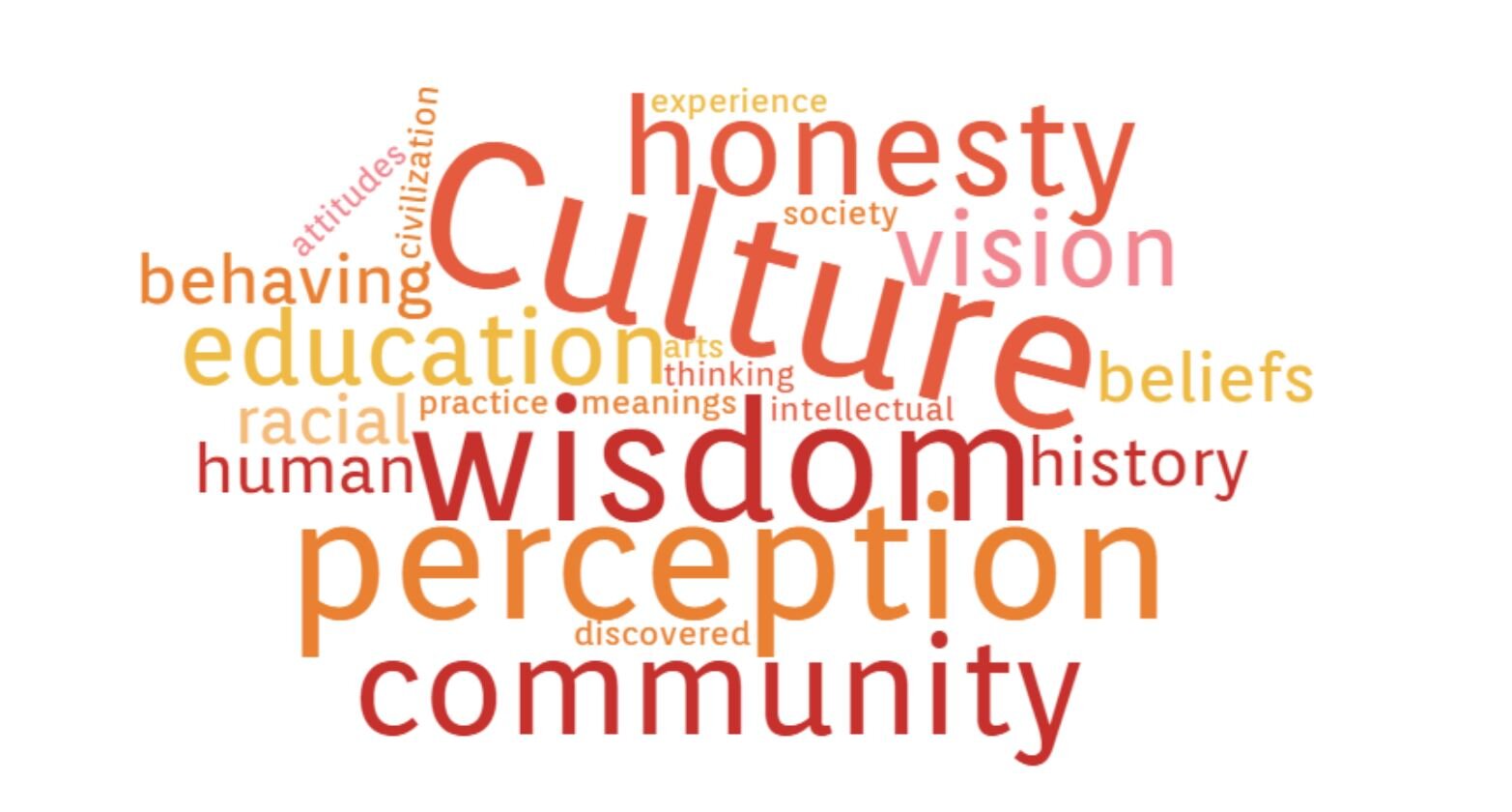A journey of self discovery
In March, we attended a ‘Cultural Competence’ Workshop organised by local agency Diversity Counselling and facilitated by eCALD and the Waitemata District Health Board.
This course was aimed at people working with culturally and linguistically diverse people from migrant and refugee backgrounds.
While the course was geared toward health professionals and the health system, we felt there would be valuable learning for us in our advisory roles, particularly in supporting the Ethnic Development programme. We were right, and here are some of the key highlights or gems we took from the workshop.
Ethnicity is a broad concept and includes aspects of race, language, religion, customs and traditions as well as geographic, tribal or national identity.
Affiliation to an ethnic group is self-determined.
According to Statistics NZ, in Aotearoa there are 180 ethnicities, 176 languages spoken, and 157 religions practiced.
Culture is a combination of both visible and invisible characteristics
Being culturally competent is as much about understanding ourselves and our own beliefs as it is about learning certain skills
There are three key aspects to cultural competency – awareness, sensitivity and knowledge, and skills
Cultural awareness is the consciousness of our own personal reactions to people who are different from ourselves
Awareness develops as we understand and appreciate a culture internally resulting in greater flexibility and openness
Cultural sensitivity is knowing that cultural differences as well as similarities exist, without assigning values (better or worse, right or wrong) to those cultural differences
Culturally sensitive people are non-judgmental; have an enquiring attitude; and are open and flexible in relation to other people
Cultural knowledge is about familiarising ourselves with the specific cultural characteristics, history, values, belief systems and behaviours of members of another ethnic group
Don’t assume – we should always ask what people prefer rather than deciding what we think they want or need
Being culturally competent is not just about knowing another person’s culture, it is about understanding how cultural difference impact on our relationship and being able to adjust our behaviours to accommodate these differences for better cross-cultural interactions
Karen Stockmann, Roseanne Murray and Anne Douglas
Community Advisors

